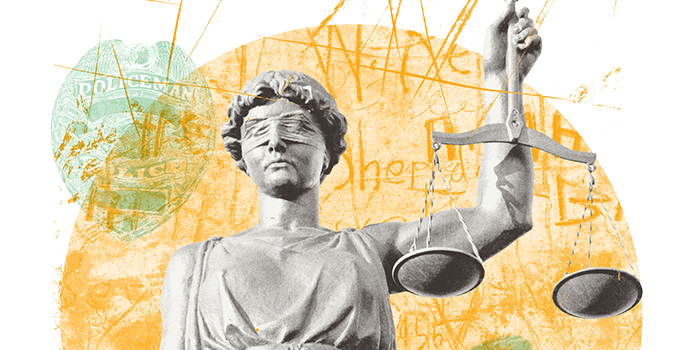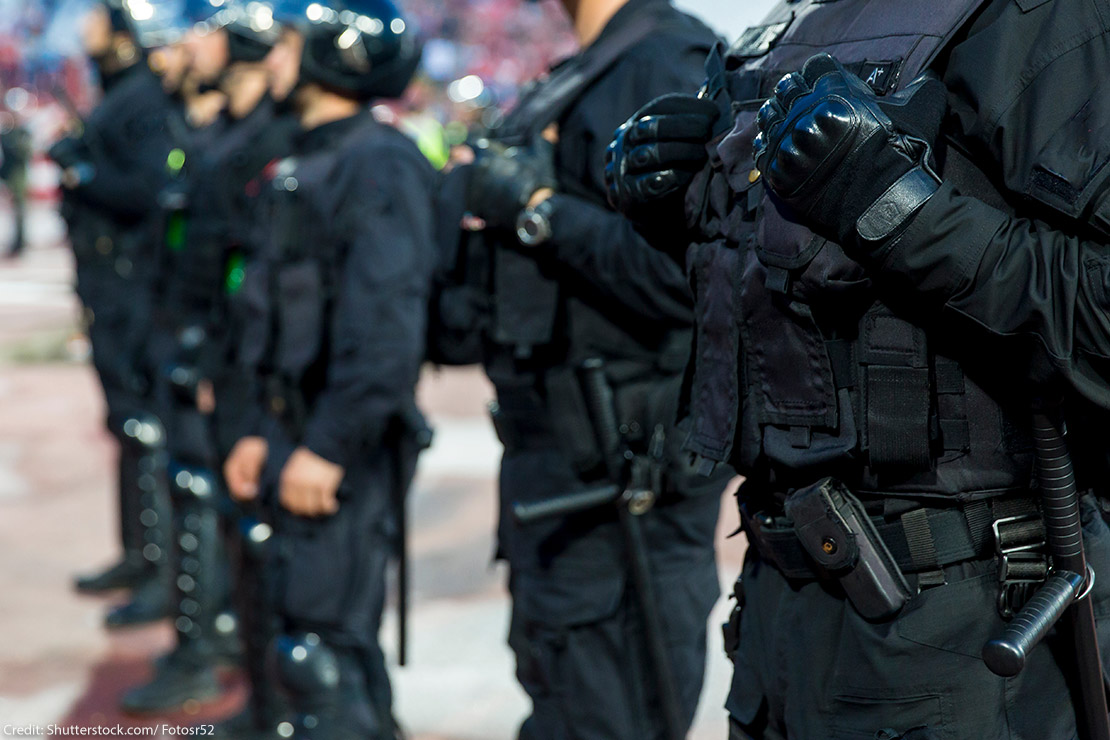Public Safety and Freedom from Police Overreach
We want a world in which people have an equal right to go about their lives without invasive, humiliating, or violent encounters with the police regardless of race, gender, ethnicity, or disability. To achieve this world, the ACLU works to increase individual rights against police violence and oppression, while shifting power to people impacted by police overreach to build better models for public safety.

What you need to know
Stay informed about our latest work in Public Safety and Freedom from Police Overreach.
By completing this form, I agree to receive occasional emails per the terms of the ACLU's privacy statement.
Explore More
What’s At Stake
From “slave patrols” that terrorized enslaved Black people, to armed militia that enforced Black Codes and Jim Crow, to police that subverted union organizing in the 19th century, policing has always been tied to oppression. Today, police continue to primarily patrol Black, Latine, and Indigenous people, particularly in lower income areas. The harms from police abuse fall disproportionately on those populations.
Throughout the country, there are issues with police abuse of power. This is seen commonly in the use of excessive force, improper pedestrian stops, pretextual traffic stops, invasive surveillance tactics, and the misuse of asset forfeiture.
These common abuses leave the people and communities most affected with lasting harms — including physical injuries, trauma, and estrangement from public institutions. In the case of killings by police, it includes the irrevocable loss of life. Where people are wrongfully arrested, the harms from police abuse compound the harms from mass incarceration.
From “slave patrols” that terrorized enslaved Black people, to armed militia that enforced Black Codes and Jim Crow, to police that subverted union organizing in the 19th century, policing has always been tied to oppression. Today, police continue to primarily patrol Black, Latine, and Indigenous people, particularly in lower income areas. The harms from police abuse fall disproportionately on those populations.
Throughout the country, there are issues with police abuse of power. This is seen commonly in the use of excessive force, improper pedestrian stops, pretextual traffic stops, invasive surveillance tactics, and the misuse of asset forfeiture.
These common abuses leave the people and communities most affected with lasting harms — including physical injuries, trauma, and estrangement from public institutions. In the case of killings by police, it includes the irrevocable loss of life. Where people are wrongfully arrested, the harms from police abuse compound the harms from mass incarceration.


